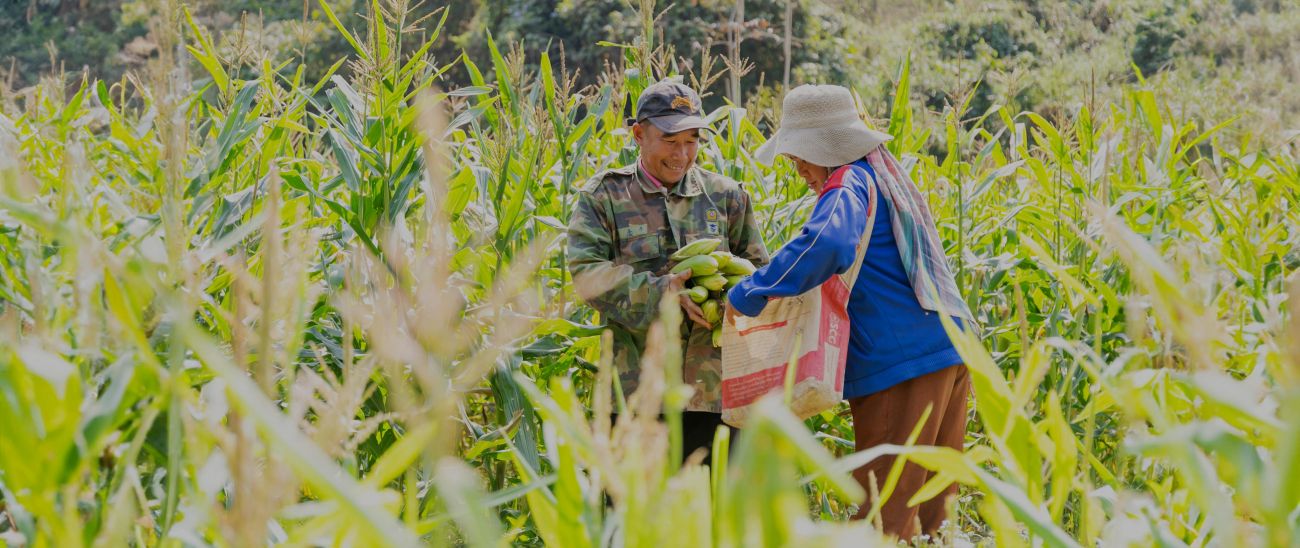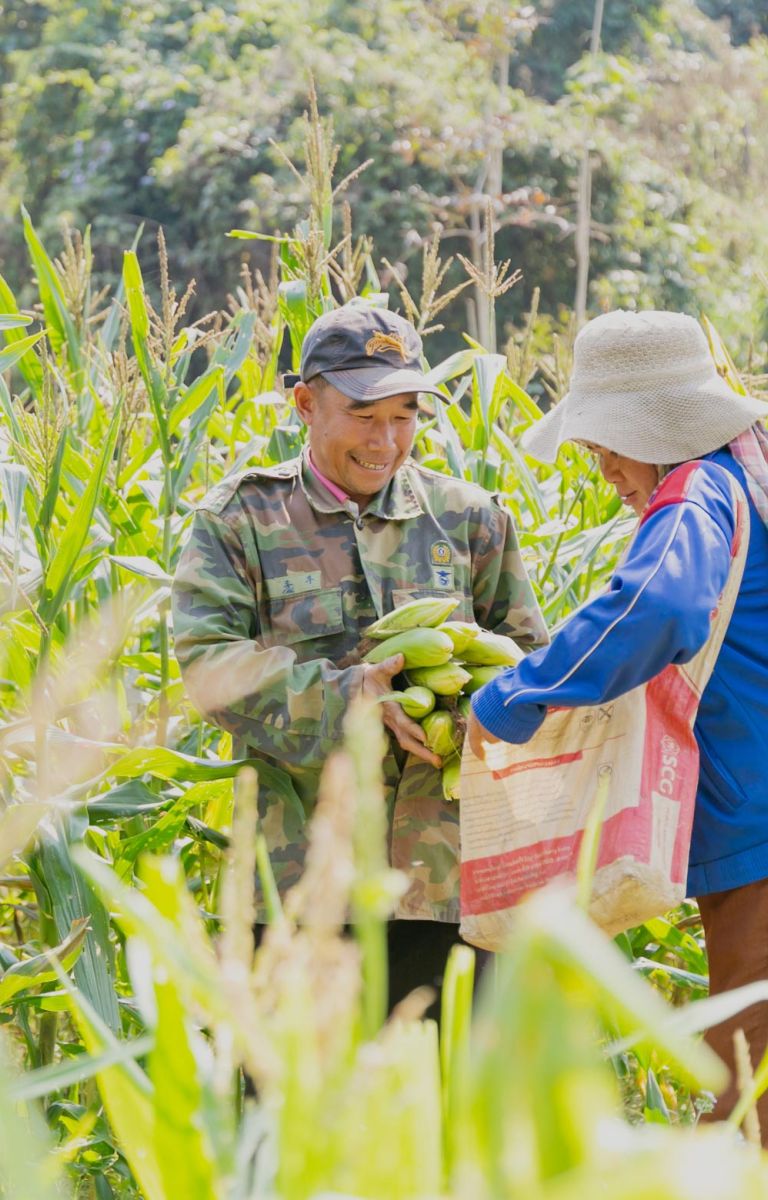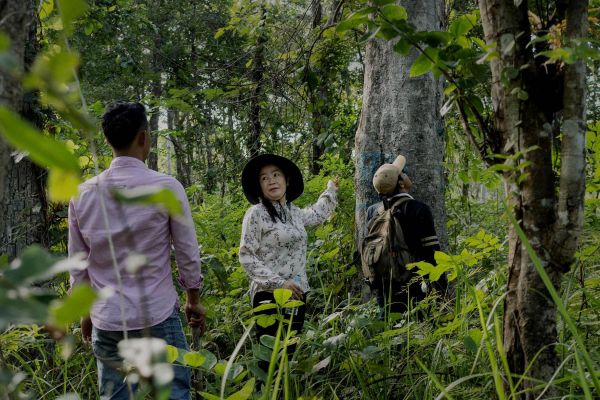

Forests and the communities that depend on them featured prominently in the outcomes of COP26. The 26th Conference of Parties to the UN Framework Convention on Climate Change (UNFCCC) took place in Glasgow in November 2021.
But climate policy has long suffered from huge gaps between words and actions. RECOFTC and partners wanted to assess what COP26’s outcomes really mean for climate change and the forest and land-use sectors in the Asia-Pacific region. They held a consultation in March 2022 with UNFCCC negotiators and other experts from the region to explore the topic.
The aim was to map key issues and identify entry points for accelerating regional climate action that contributes to the goals of the UNFCCC’s Paris Agreement on climate change. In June 2022, RECOFTC summarized the discussion in a Special Report.
The participants discussed negotiated outcomes in the Glasgow Climate Pact and other COP decisions, as well as initiatives launched outside of the main UNFCCC negotiations. These included the Glasgow Leaders’ Declaration on Forests and Land Use; corporate commitments on forest-risk commodities; and pledges of USD 1.7 billion to support Indigenous Peoples and local communities and strengthen their forest tenure rights. The experts also discussed the roles that countries in the region played at COP26 and the extent of their ambitions.
“Asian nations must be willing to demonstrate leadership in keeping the global heating target of 1.5°C degrees within reach,” says Regan Pairojmahakij, senior program officer at RECOFTC. “Yet the ambition expressed in the revised nationally determined contributions among countries in Asia has been marginal, especially in the forest and land use sectors. With its high climate vulnerability, Asia does not help itself by demonstrating low climate ambition.”
Workshop participants discussed the potential for accelerated climate action after COP26 negotiators finalized the Paris Agreement’s rulebook, particularly Article 6 on carbon markets.
They also assessed what COP26 means for agriculture in the region, and the implications for commodity producing countries in the context of a growing focus on supply chain accountability.

The key area of work for countries in the Asia-Pacific region is to prepare accessible policy infrastructure, landscape management systems and tools for verification and certification that will ensure deforestation-free supply chains. – Akiko Inoguchi, forestry officer at FAO and lead for the UN-REDD Sustainable Forest Trade in the Lower Mekong Region Initiative
Prospects for forest communities
COP26 emphasized the rights and roles of Indigenous Peoples and local communities like never before, said experts including Pasang Dolma Sherpa, executive director of the Center for Indigenous Peoples' Research and Development in Nepal.
“At COP26, for the first time, we, elders and leaders of indigenous communities were able to show to the whole world how indigenous people, with our customary institutions, governance systems, cultural practices, knowledge and values, are contributing to climate change resilience and sustainable management of resources and biodiversity,” she said .“I consider this a key outcome of COP26.”
This emphasis, together with funding pledges and an increased focus on integrated, cross-sectoral approaches, bodes well for the land-use sector in the region.

We need to identify best practices on the ground, distil lessons learned and conduct research to demonstrate that nature-based solutions really are viable approaches to mitigating greenhouse gas emissions and enhancing adaptability. – Suchitra Chantragoon, independent expert on nature conservation from Thailand
RECOFTC’s experiences show that one such approach, community or social forestry, can play a significant role as a solution to climate change, poverty and biodiversity loss.
“Some of the new funding announced at COP26 could help Asian countries achieve their social forestry targets by accelerating their recognition of community rights to local forests,” says RECOFTC’s executive director David Ganz. “Countries must give Indigenous Peoples and local communities a seat at the table when designing their policies and actions on forests and climate change. They must also give them a prominent role in implementation, as well as financial and other forms of support.”
RECOFTC is supporting action for global climate finance to reach Indigenous Peoples, traditional owners and local communities through its membership of the Peoples Forests Partnership. The Partnership launched at COP26. By 2030, the initiative aims to channel USD 20 billion of private finance a year to Indigenous Peoples and local communities for forest conservation and restoration.

